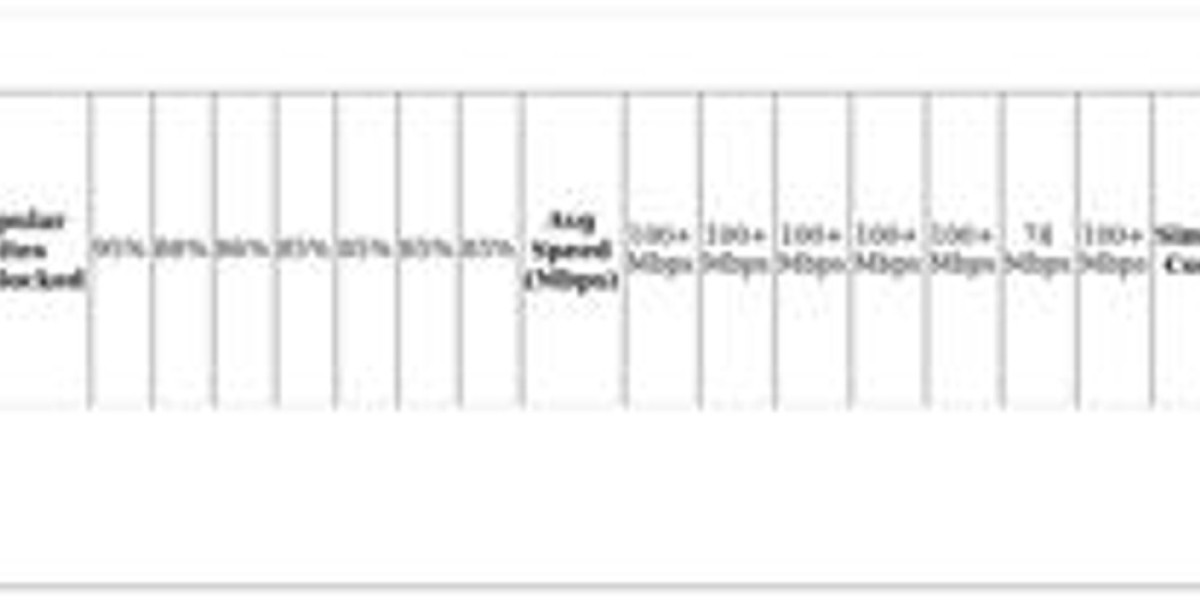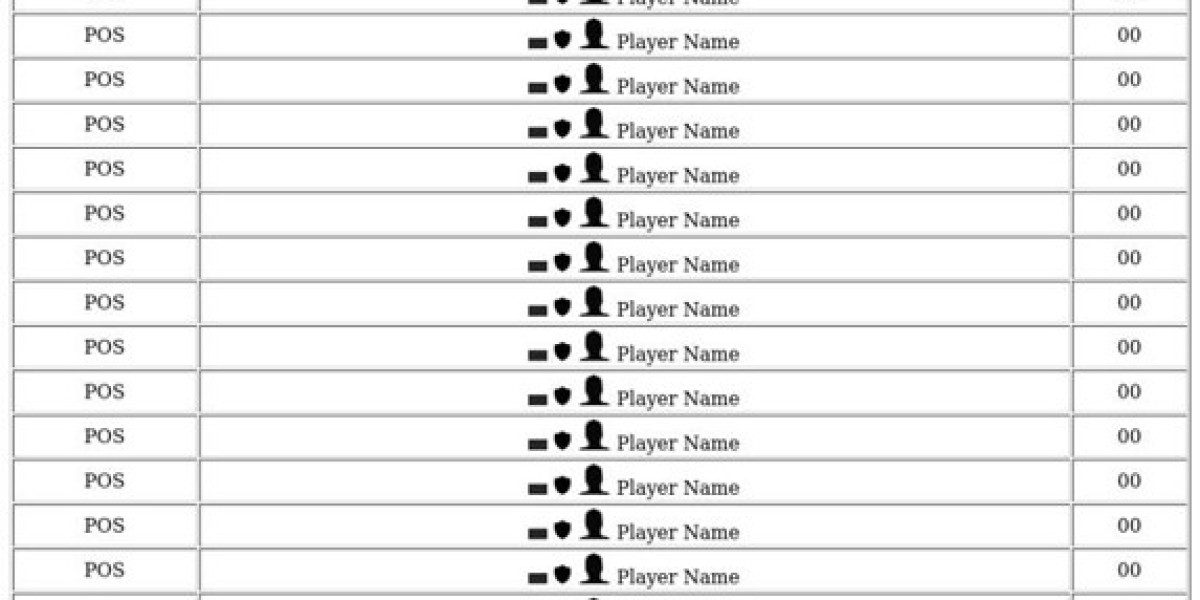The South Korea gene therapy market continues to gain strength, driven by regional innovation centers and biotech clusters positioned to support cutting-edge research, clinical development, and biomanufacturing expansion. Major cities including Seoul, Busan, Incheon, and Daejeon are at the forefront of advanced genomic medicine, hosting high-capacity hospitals, government-backed research parks, and a growing network of private biopharmaceutical firms. These regional hubs are supported by advanced laboratory infrastructure, genomic sequencing programs, clinical-trial support systems, and next-generation viral-vector production sites. The country’s strategic focus on positioning itself as an Asia-Pacific biotechnology leader has fueled investment in university research programs, national innovation zones, and international scientific partnerships. This structure not only boosts therapy development but also ensures cross-institutional collaboration that strengthens treatment pipelines and accelerates regulatory pathways. Academic medical centers and national research institutions are also developing specialist workforce programs in genetics, cell biology, and regenerative medicine, helping create a self-sufficient scientific ecosystem capable of supporting continuous innovation. As demand for personalized medicine grows, regional collaboration between hospitals and biotech firms will further increase clinical readiness and patient access to gene-based therapies.
The country’s regional biotechnology advantages are supported by policy frameworks that encourage rapid adoption of advanced therapies while maintaining strong patient-safety standards. In addition to world-class facilities in Seoul, emerging regional centers are strengthening the market by enabling distributed manufacturing, decentralized research networks, and broader clinical-trial participation across the nation. South Korea’s global strategy also includes collaboration with neighboring Asian regions and Western biotech partners, creating opportunities to expand therapy availability beyond local boundaries. Investment into cold-chain logistics, bioprocessing facilities, and regulatory harmonization also contributes to improved therapy delivery and commercialization scalability. As more healthcare systems across the Asia-Pacific region look toward genomic-driven medicine, South Korea’s leadership will help establish continental treatment benchmarks and advanced care models. For a comprehensive outlook on geographic development, visit:
South Korea Gene Therapy Market region
https://www.marketresearchfuture.com/reports/south-korea-gene-therapy-market-53259
FAQs
Q1: Which regions lead South Korea’s gene therapy development?
Seoul, Incheon, Daejeon, Busan.
Q2: Why are regional hubs important?
They support manufacturing, clinical trials, and R&D.
Q3: How does the region boost competitiveness?
Through infrastructure, talent, and global collaboration.








